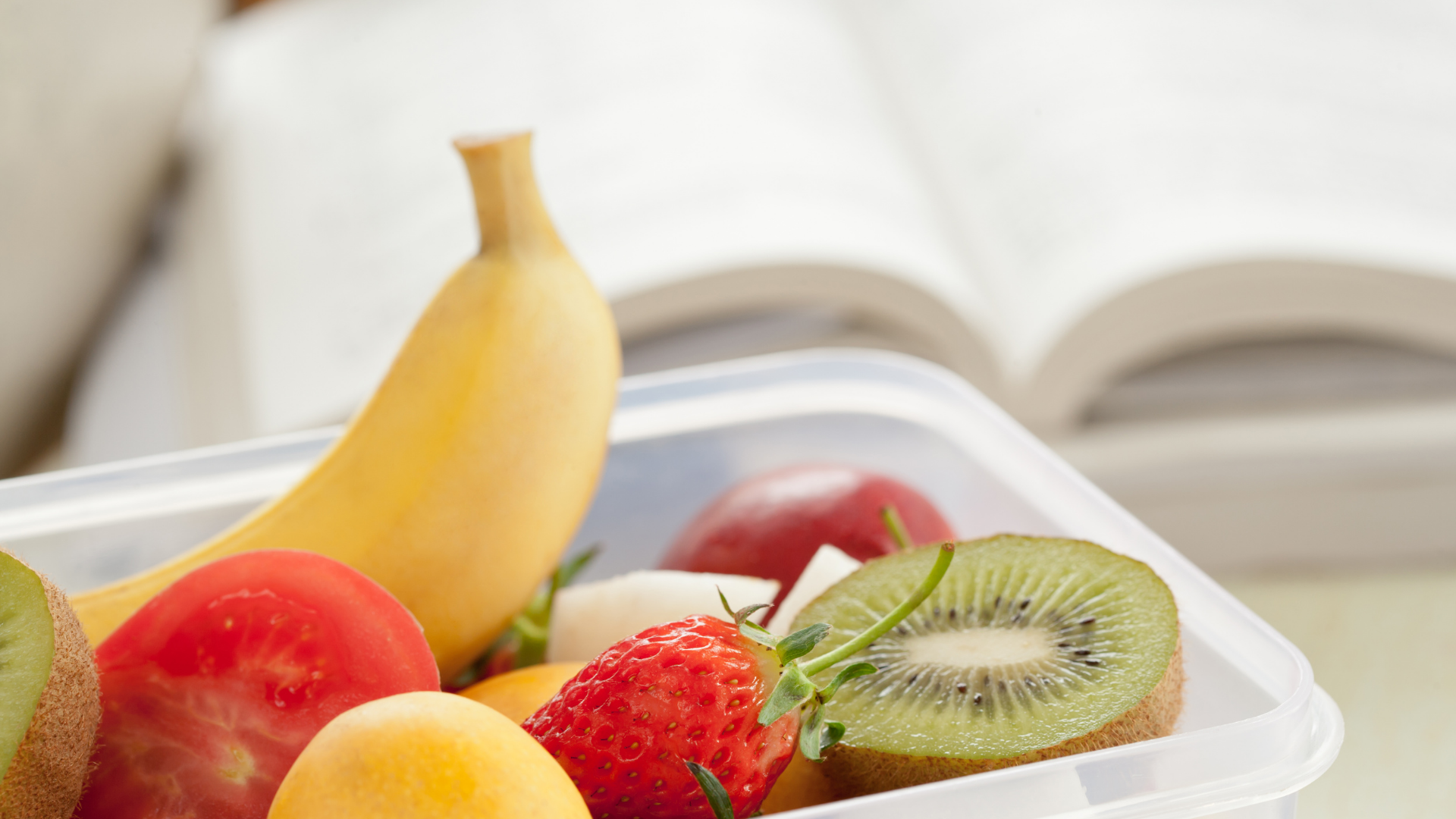Proper food intake is essential, especially to improve the overall performance of students. But sadly, most of the foods sold in school canteens are not healthy and usually hinder the abilities of the student to excel academically.
We cannot deny that most foods available in school contain sodium, chemicals, caffeine, and sugars. So, there is no doubt that most menu items leave our children jittery, unfocused, tired, and even sick. This does not only negatively affect the performance and grades of the students but also their moods and behavior.
Lack of Focus and Energy
Research conducted by the Society for Neuroscience concluded that foods with increased content of saturated fats could affect the memory and learning skills of a person. Unluckily, saturated fats-rich menu items are the ones that are budget-friendly and often sold in most schools. Foods with a high level of saturated fats include chicken nuggets, cheeseburgers, a sugary diet, and French fries. In that case, we can say that the school canteens are filled with unhealthy foods that do not give students energy to return to school.
If you still don’t understand the connection between brainpower and saturated facts, take a look at the possible effects of sugars and glucose that are usually available in foods with higher fat levels. Carbohydrates are where glucose comes from. Even though the said substance plays an essential role in keeping yourself energized, consuming foods with a high level of glucose can lower your energy levels.
When our body ingests glucose-rich foods, our body produces insulin, which is essential in processing new foods. When we eat healthy food, our glucose level slightly increases. This means that after eating a balanced meal, we feel energized.
On the other hand, both adults and kids these days who follow a high-glucose diet usually struggle with “post-food crash.” This means that a person ingested too much glucose, which had resulted in lowering their energy levels, which made them feel tired all day.
Most dishes served in the school cafeteria usually include sodas, sugary sweets, fried foods, and refined and white bread. All these menu items will reduce kids’ energy levels, and also impair their mental performances and focus in school.
Aside from lowering your energy levels, eating high glucose foods regularly can also damage your nerves, blood vessels, eyes, and kidneys. Even though these are serious adverse effects, a body consuming high glucose foods can also feel lethargy, irritability, and lack of focus.
Malnutrition and Food Deprivation
Currently, one in three children is considered overweight. In the United States, kids that are underweight and overweight are considered to be malnourished. Malnourishment of malnutrition refers to the improper or insufficient amount of food intake. It does not only show a lack of food intake, but it also means that a malnourished child does not receive enough nutrients.
This means that even though more than half of American kids receive enough calories, there’s a chance that they do not intake the proper amount of minerals, nutrients, and vitamins. Not taking sufficient minerals and vitamins can lead to detrimental side effects. On the other hand, kids with not enough diets usually experience health issues and problems in psychosocial behavior and academic learning.
It is important to know that malnutrition has a long-term effect on one’s brain. This can affect the emotional health of a child, the way he/she reacts to stress and result in learning issues. A lot of studies reported that malnourished individuals usually experience delay development in personal-social skills, language skills, fine motor skills, and vision.
Even though all foods make someone’s stomach full, not all of them can provide enough nutrients to improve the overall development of a person. Aside from the negative effects on the academic performance of a person, unhealthy foods and poor diet can adversely affect a child’s behavior and attitude, which you may notice in and out of school.
To sum it up, proper nutrition and diet are two important aspects that every parent should focus on to keep their child healthy, attentive, and focused. So, it would be better to pack your kids with home-made snacks instead of giving them money to buy foods in the school cafeteria. You would never know what foods they eat in a day.



